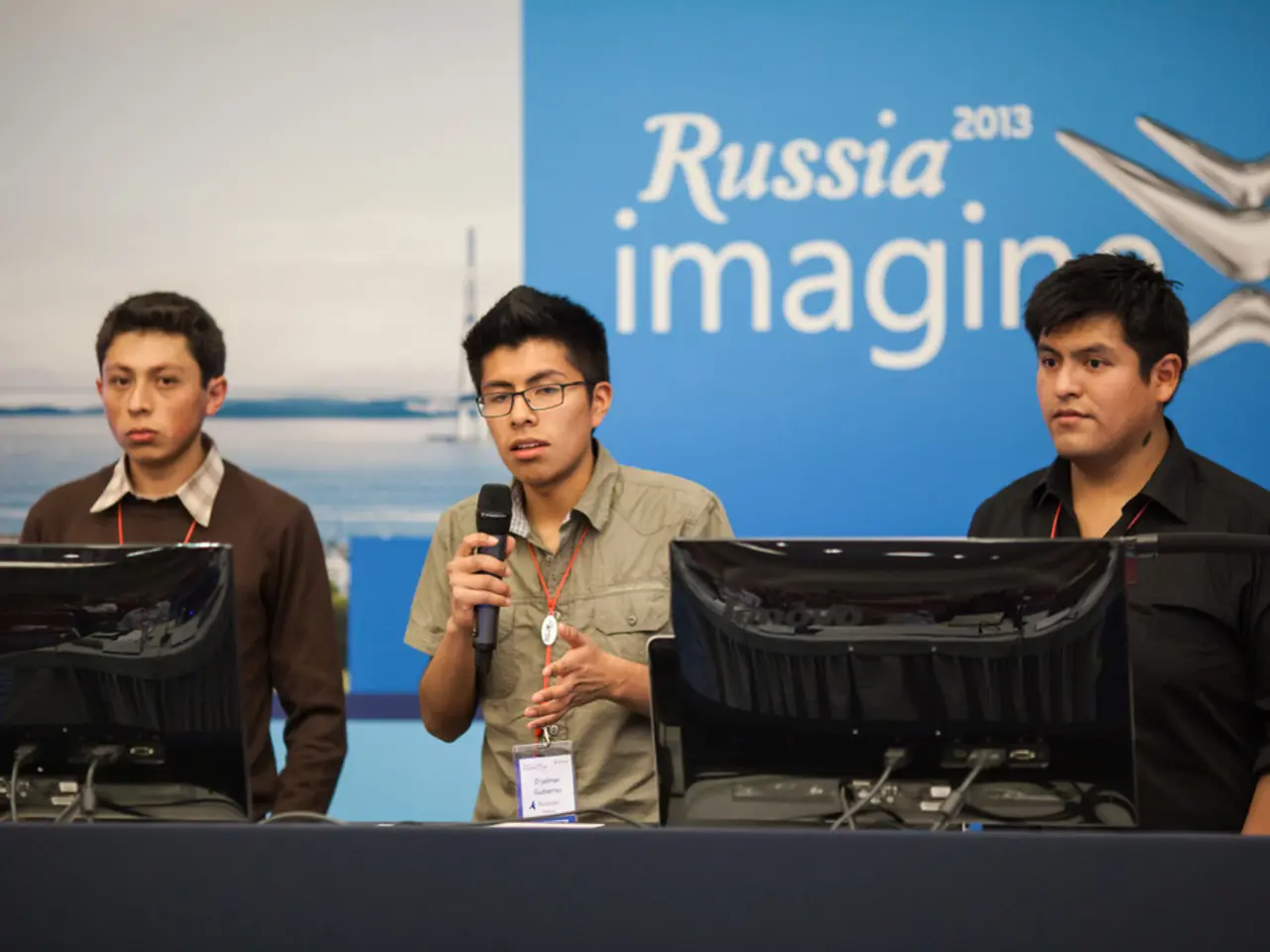EU Commission proposes strategy for imposing fresh penalties on Russia
The European Union (EU) is currently in discussions to impose new sanctions on Russia in response to its financing of the war in Ukraine through fossil fuel sales. These proposed sanctions, which are yet to result in definitive action, are being deliberated upon by the EU Commission and require unanimous approval from the EU member states.
The new sanctions package, under discussion, includes punitive measures in the financial and trade sectors. The proposals cover sectors beyond energy, signifying a broad approach to curtailing Russia's economic influence. The discussions on these sanctions proposals are scheduled to take place over the next few days among EU member state representatives.
The EU has proposed new sanctions on Russian energy, including gas. However, the EU has not yet fully imposed gas sanctions due to dependencies on Russian energy sources. Despite import bans on coal and oil, Russian gas continues to enter the EU.
The aim of these sanctions is to "turn off the tap" on Russian fossil fuel revenue, a significant source of funding for the war in Ukraine. The discussions are ongoing, with the 27 EU ambassadors and the EU's External Action Service, led by High Representative Kaja Kallas, involved in the talks.
These sanctions discussions are part of a broader international effort to hold Russia accountable for its actions in Ukraine and to support peace and stability in the region. As the discussions progress, updates on the proposed sanctions and their potential impact on the EU and Russia will be closely watched.
Read also:
- United States tariffs pose a threat to India, necessitating the recruitment of adept negotiators or strategists, similar to those who had influenced Trump's decisions.
- Weekly happenings in the German Federal Parliament (Bundestag)
- Southwest region's most popular posts, accompanied by an inquiry:
- Discussion between Putin and Trump in Alaska could potentially overshadow Ukraine's concerns








